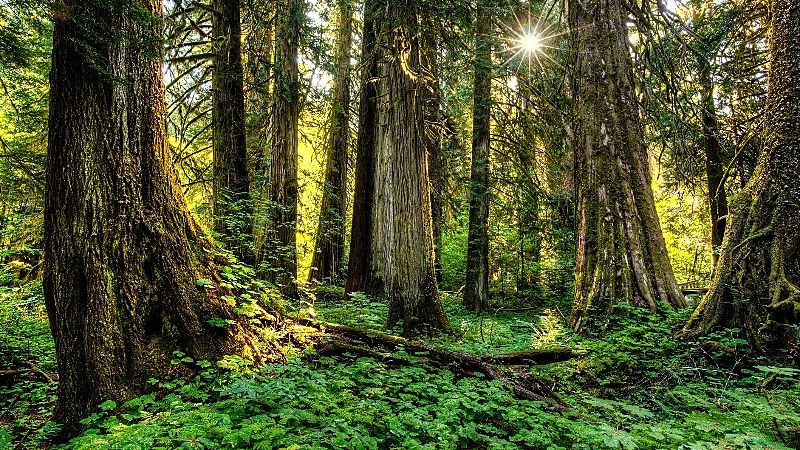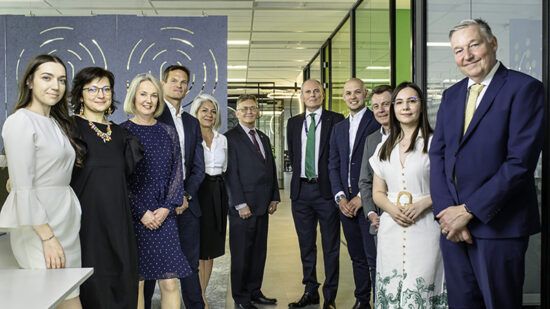Sustainability consultancy Nature Positive is working with Resource Management Service (RMS), a forest investment adviser, to identify, prioritise and understand the biodiversity impacts of its forest management activities.
Nature Positive carried out materiality assessments, site visits and workshops to quantify and demonstrate the biodiversity value of RMS’s client-owned land in the south-eastern US. The project aims to demonstrate RMS’s ability to enhance natural capital in a measurable way that can be communicated to nature-based capital investors seeking exposure to positive impacts on biodiversity and ecosystems in US timberland.
Nature Positive associate director Tom Mason said: “The big challenge here is that many investors want to invest in biodiversity but they need to be able to put a number against it. There is a gap here in nature-based investment evaluation and the work we are doing with RMS will help bridge that gap. We are developing the specific metrics and methods to credibly measure and value its impacts and dependencies, which will ultimately show biodiversity value in a language that investors (who are not biodiversity or technical experts) will understand.”
The project launched in January 2024 in preparation for a Taskforce on Nature-related Financial Disclosures (TNFD) locate, evaluate, assess, prepare (LEAP) assessment.
Mason added: “The TNFD LEAP assessment shows where and how a business impacts both positively and negatively on nature, and how to mitigate possible pressures on nature.
“RMS already has a positive focus on biodiversity – the company re-introduces and stewards globally threatened species such as the gopher tortoise and Red Hills salamander, manages conservation easements and high conservation value land and practices sustainable and responsible management across client-owned land.
“Translating those conservation stories into metrics for investors can be more difficult, so the assessment we’ve carried out will help guide its actions on investor expectations and requirements for investing into nature.”
The next steps include work by fellow group company, RSK Wilding, to develop an ecosystem integrity index (EII), which RMS will pilot this year. The EII is a custom framework that considers the local ecology and land management practices by evaluating a range of factors indicating baseline species, ecosystem and overall forest health, as well as changes over time, presenting results to investors as a single metric.








